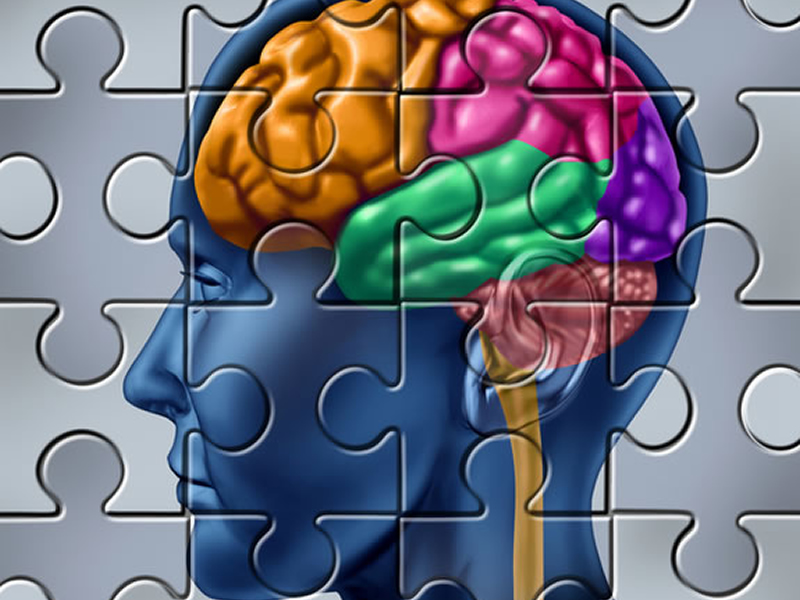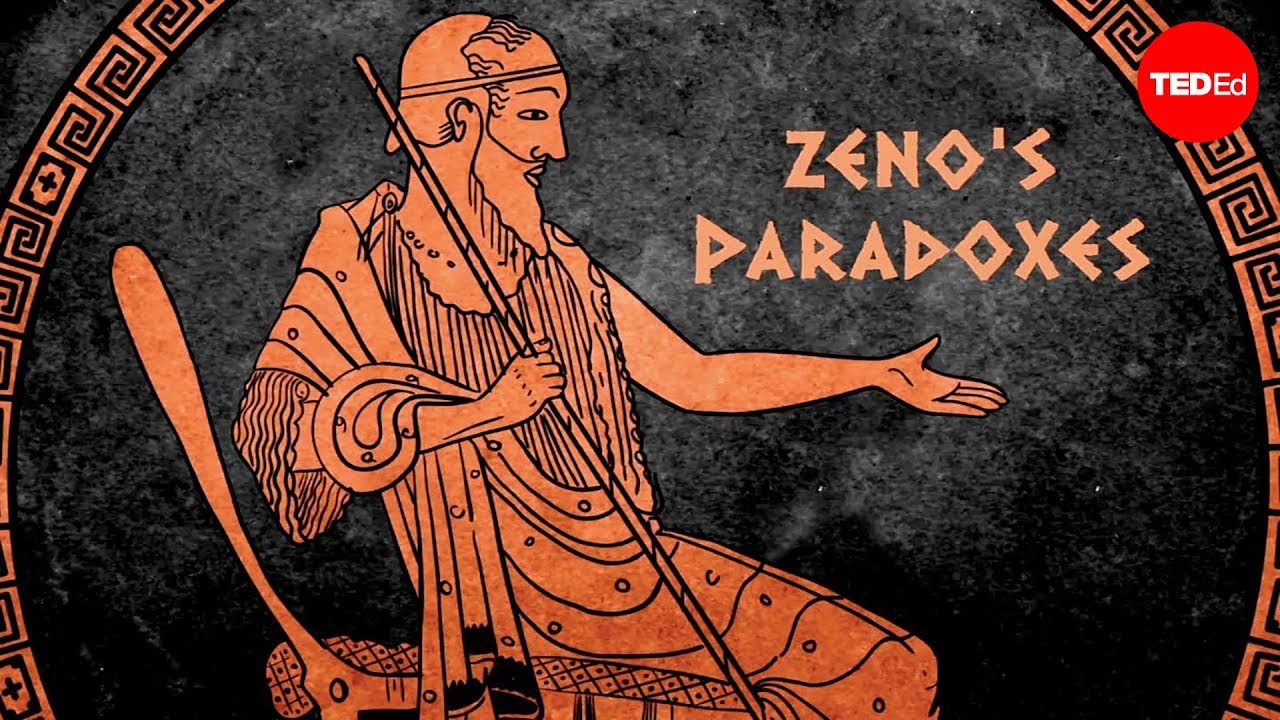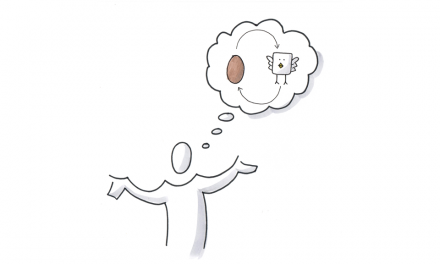I’ve been reading Ben Dupré’s excellent book “50 Philosophy Ideas Really Need Know”. Whilst I don’t pretend to understand all the concepts and philosophies presented it does make for fascinating reading and certainly gets ‘the little grey cells thinking’.
I’ve pulled together here some of the topics and ideas he presented on the mind.
- What is the mind ?
- What is consciousness?
- Where does it begin and where does it end with regard to the physical entity, namely the body, in which it resides? (does it even reside in the body?)
The Idea
We are all immediately conscious of our consciousness – that we have thoughts, feelings, desires that are subjective and private to us; that we are actors at the centre of our world and have a unique and personal perspective on it. In stark contrast, science is triumphantly objective, open to scrutiny, eschewing the personal and the perspectival. So how can something as strange as consciousness conceivably exist in the physical world that is being exposed by science? How are mental phenomena explicable in terms of, or otherwise related to, physical states and events in the body ? How can the realm of the mind or conciseness interact with and be affected by the physical world ?
All these questions together form the mind-body problem, arguably the thorniest of all philosophical issues.
Some theories
Some explanations and philosophical theories by various pre-eminent thinkers …
1. Dualism (or Substance Dualism)
Rene Descartes the 17th century philosopher (the same who gave us the oft quoted ‘ I think therefore I am’) conceived the mind as an entirely distinct entity … a ‘mental substance’, whose essential nature is thinking. Everything else is matter, or material substance, whose defining characteristic is spatial extension (i.e. filling physical space). Thus he envisaged two distinct realms, one of immaterial minds, with mental properties such as thinking and feeling; another with material bodies, with physical properties such as mass and shape. This relationship between mind and matter was known as Dualism or ‘Substance Dualism’,
Problems for dualism : However as our experience teaches us the two realms clearly interact. We think something and we might act on it or something occurs in the physical realm that affects our thinking or mental processes. Mental events bring about physical ones, and visa versa. However it is a basic Scientific principle that a physical effect requires a physical cause, but by making mind and matter essentially different how is interaction possible?
Descartes seems to have recognized the problem and suggested that it would take God’s intervention to effect the necessary causal relationship, but he did little else to resolve this issue.
Descartes’s Dutch contemporary, Baruch Spinoza, tried to explain this away with the notion that dualism relates not to substances but to properties: two distinct types of property, mental and physical, can be ascribed to a single thing (a person or subject), but these attributes are irreducibly different and cannot be analysed in terms of one another. So the different properties describe different aspects of the same entity (hence the view is sometimes called the ‘double aspect theory’). The theory can explain how mind-body interaction occurs, as the causes of our actions themselves have both physical and mental aspects. But, in ascribing such essentially different properties to a single subject, there is a suspicion that property dualism has merely shifted the most daunting problem facing substance dualism, rather than solving it.
2. Physicalism
Another response to this mind-body problem and to the difficulties facing the ‘substance dualism’ of Descartes is to claim that there is only one kind of ‘stuff’ in the world, either mental OR physical, NOT two.
Some have taken the idealist path claiming that reality consists of nothing but minds and their ideas, but the great majority, of modern day philosophers would subscribe to a more Physicalist approach.
Physicalists insists that the mind, too, must be brought within the purview of science; and since the subject matter of science is exclusively physical, the mind must also be physical. The task then becomes to explain how the mind fits into a complete and purely physical account of the world
Physicalism suggests that mental phenomena can be analysed, fully and exhaustively, in purely physical terms. Advances in neuroscience have left little doubt that mental states are intimately related to states of the brain. The physicalist claims that mental phenomena are actually identical to physical events and processes in the brain. The way we think, our beliefs, desires, intentions and so on will eventually be described by neuroscience.
Physicalist solutions to the mind-body try to brush aside the dualists problems with causation by simply bringing consciousness within the scope of scientific explanation. Predictably, critics of physicalism complain that its proponents have brushed aside too much.
My own conclusions (for what it’s worth)
I recognize that my education, upbringing, cultural background and natural bent towards science endears me to the latter point of view, that we must be able to explain it all in physical terms given enough instrumentation to record the data.
However to my mind physicalism leaves me cold. It might explain the states and chemical reactions of the brain that a person goes through when thinking or experiencing an emotion but it doesn’t explain what is driving it or what pushed the brain to be in that state. Stop for a moment and study the eddies and currents of your thoughts and feelings. How your mind leaps from one thought to another how the merest wisp of a thought can invoke feelings, emotions and reactions. These aren’t random. You can control them, or at least you feel that you can.Your brain is not just a running machine jumping from some random state to another or given a start point predictably progressing from one chemical state as if running at the behest of some computer like program capable of predicting the probability of your next thought or action. Thoughts and feelings and motivations can spin around and change in an instance guided or otherwise. Just analysing the states of the brain doesn’t describe how you got there it just prosaically describes the journey. It’s like describing a car journey by analysing engine temperature, fuel consumption, the roads & towns that you passed through but ignoring why the journey took place, what impulse or drive caused the driver to take that route, choose that speed or why the journey ever occurred in the first place.




